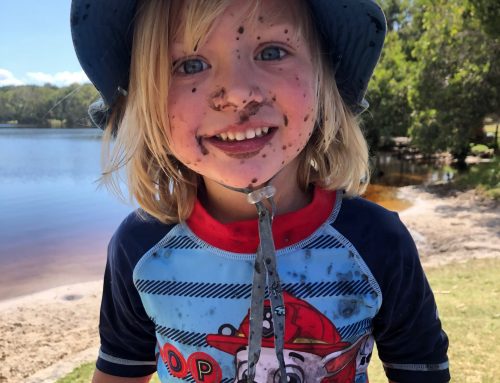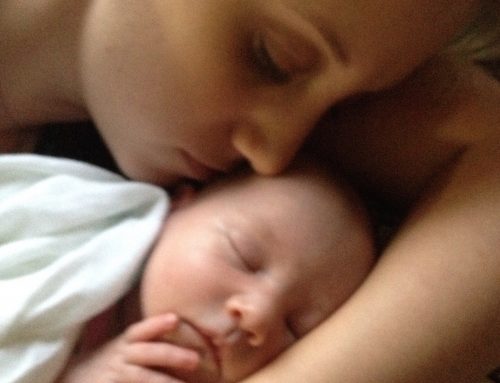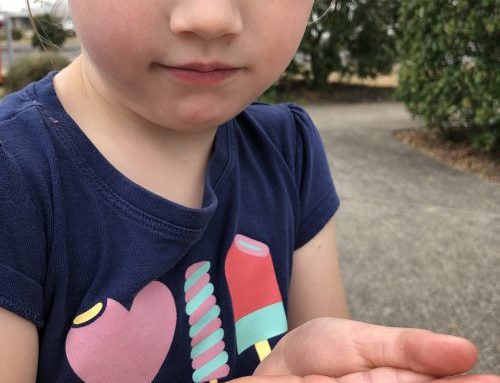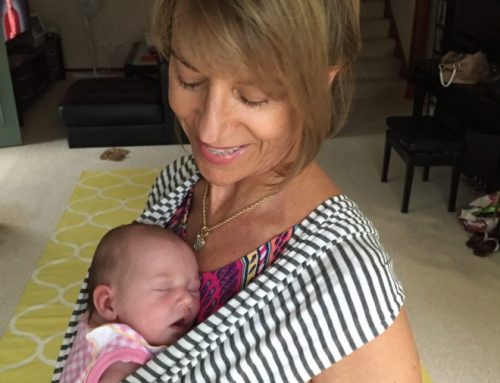For those of us that work in the world of babies, who each day see them emerging wet, pink and screaming, from their mother’s womb, it is easy to forget that, for the uninitiated, they can appear strange and frighteningly vulnerable. Cute and heart-melting for sure, but a real enigma.
New parents are usually puzzled and bemused by their newcomer. Often terrifyingly so. It is pretty confronting to be handed an apparently helpless newborn and told to go home and take over care within a few days of being introduced.
We need to let parents know, like I told the interviewer, that it really isn’t so hard. You have to get over the belief that babies are somehow not quite human.
Babies are just like you and me, without the words. It is true they have a relatively limited repertoire of behaviour through which they indicate their inner life. They reveal their concerns and needs through their gestures and responses; and through their bodies, its appearance, colour, smell, and feel. So they need to be observed carefully and thoughtfully, without pre-judging.
A critical attribute in the observer is also confidence in the robustness of babies. Once given the spark of life they hang on to it with grim determination. They do need the obvious basics: food and fluid, warmth, a reasonably clean environment, and close contact from their carers. After that, a lot of love and with a heavy dose of time, laced with common sense based on trial and error.
Our genetics have made our babies very adaptable and resilient so parents don’t have to be an expert. The woman who searches for the information from others, while barely looking at or responding to her baby’s particular needs, often has a gruelling and anxiety-filled task ahead of her.
What makes it hard is over-thinking. The observant mother who blithely and confidently just gets on with it, tends to succeed and enjoy the process.









I love this article! Thank you for the confidence. I would like to know – do babies need to go into deep sleep each sleep they have? I’m a first-time mum of a now 6 week old baby boy and he often dozes during the day (on me or in the car or pram) and stirs a few times, but will not be put in his cot. Then he seems to wake up as if he’s had a proper sleep. I assume this is normal, as you hear about a lot of parents whose babies can’t be put down, but I can’t find any information on this on anyone’s website!
Of course it’s fine! Happy that you’re listening to your instincts which tell you your baby is normal and sleep patterns vary baby to baby, day to day. Don’t search on the internet! You’re sure to find something – unhelpful. HC